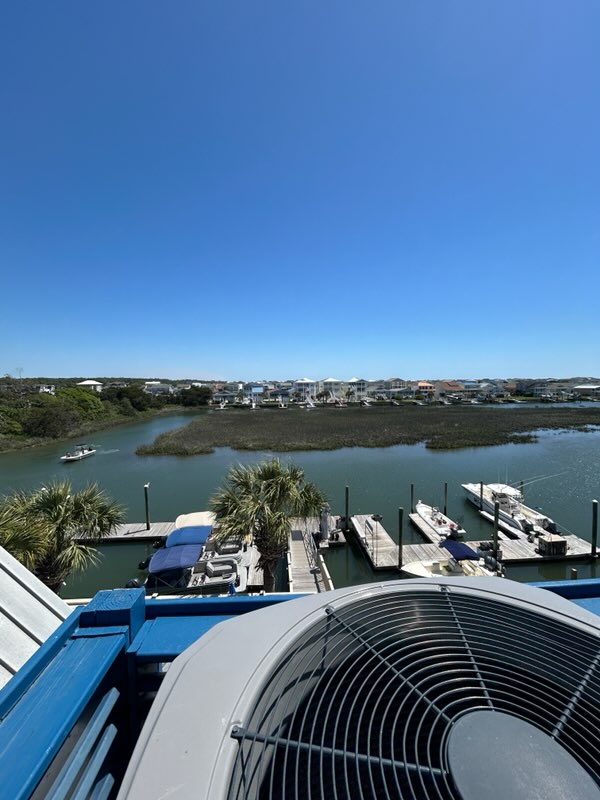
Navigating North Carolina’s Climate: Choosing the Right HVAC System for Your Home Nov 04, 2025
When considering an HVAC system, understanding the local climate is vital. North Carolina's climate is characterized by high humidity levels during the summer months and variable winter temperatures. This means your system needs to efficiently handle both air conditioning and heating. A dual-purpose system such as a heat pump is ideal, as it can cool your home during the summer and warm it during the winter.
Energy efficiency is another critical factor. The cost of running an HVAC system can add up quickly, especially in regions with extreme weather. Choosing an energy-efficient model can significantly reduce your utility bills. Look for systems with high Seasonal Energy Efficiency Ratio (SEER) ratings and heating Seasonal Performance Factor (HSPF). These ratings indicate how efficiently a system cools or heats your home, respectively. Higher ratings mean more savings in the long run—something every homeowner will appreciate.
It's also important to consider the size of your home. A system that's too small will struggle to maintain your desired temperature, while one that's too large will cycle on and off too frequently, wasting energy and reducing the lifespan of the equipment. An HVAC professional can perform a load calculation to determine the right size system for your home, taking into account factors like square footage, insulation quality, and window placement.
Indoor air quality is often overlooked but is an integral part of selecting the right HVAC system. North Carolina's high pollen counts and dust levels mean your system must effectively filter air pollutants. Consider systems equipped with advanced filtration options such as HEPA filters to trap allergens and improve indoor air quality. This is especially important for individuals with allergies or respiratory issues.
Modern HVAC systems come with innovative features that enhance convenience and efficiency. Smart thermostats, for instance, allow homeowners to control temperature settings remotely via smartphone, affording both convenience and potential energy savings. Additionally, zoning systems let you control different areas of your home separately, enhancing comfort and reducing unnecessary energy use.
Finally, regular maintenance is crucial to ensure your HVAC system operates efficiently throughout its lifespan. Schedule routine inspections with a trusted provider like North Carolina Heating and Cooling to catch potential issues early and keep your system running smoothly. Proper maintenance can prevent costly breakdowns and extend the life of your equipment.
Choosing the right HVAC system for your North Carolina home involves careful consideration of climate, energy efficiency, and personal comfort needs. By selecting the appropriate system, you can ensure a comfortable living environment while also managing energy costs effectively. Consult with an HVAC specialist who understands the specific challenges of North Carolina weather to find a tailored solution that meets your needs. With the right system in place, you’ll enjoy a cozy, comfortable home no matter what the weather brings.
/filters:no_upscale()/filters:format(webp)/media/1752a747-5bba-435f-8da9-254dc6615005.jpeg)